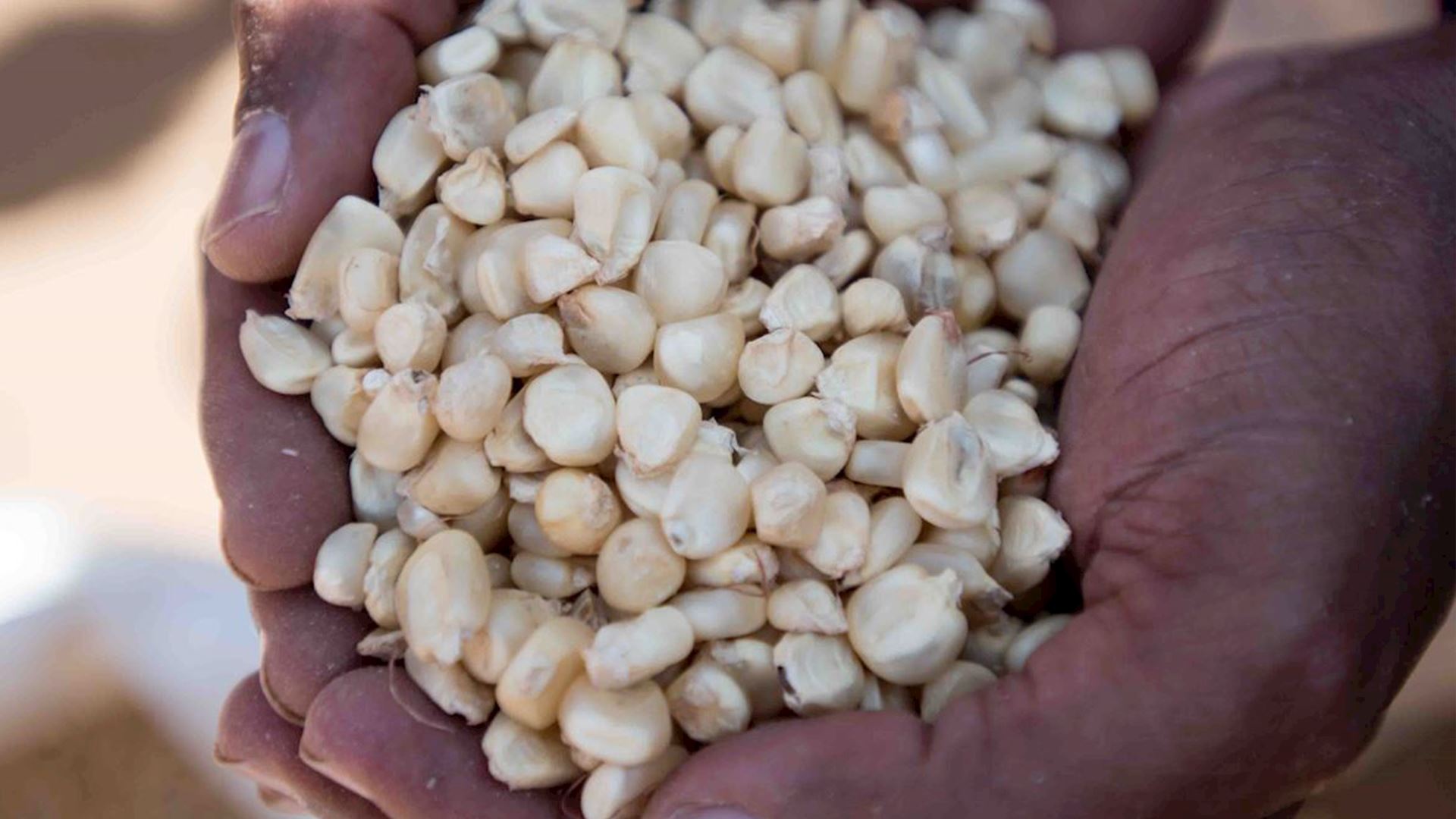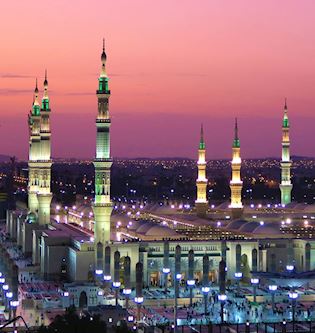Zakat Simplified
The Noble Quran states:
“Those who believe and lead a righteous life, and observe the Contact Prayers (Salah), and give the obligatory charity (Zakat), they receive their recompense from their Lord; they will have nothing to fear, nor will they grieve” [2:277]
This Quranic verse shows us the significance of Zakat in Islam. Zakat also referred to as Zakaah, Zakaat, Zakaa’, refers to the obligation that Muslims must donate a certain proportion of wealth each year towards charitable causes. This form of charity ensures that the more fortunate can connect with the poor and assist those in need, thus reducing the disparity gap between those that have been blessed financially and the poor.
Almighty Allah ordered those that are blessed with wealth to offer this form of charity to the poor as a means of eliminating poverty and more importantly, for one to increase their Iman towards Allah (swt). Here are 7 things we need to know about Zakat:
Who should pay Zakat?
The Messenger of Allah (saw) said, “When a woman gives in charity some of the foodstuff (which she has in her house) without spoiling it, she will receive the reward for what she has spent, and her husband will receive the reward because of his earning, and the storekeeper will also have a reward similar to it. The reward of one will not decrease the reward of the others.” [Bukhari]
Zakat is a duty on each adult Muslim, who is of sound mind and has wealth that exceeds the value of Nisaab*. This form of charity is obligatory on every Muslim, who is above the age of puberty, regardless of their gender, if they have wealth exceeding the value of Nisaab in their possession. Therefore, zakat denotes the amount of wealth (2.5%) a Muslim must pay to certain groups of underprivileged people, and this is calculated according to Nisaab.

What is Nisaab*?
Nisaab refers to the minimum amount of wealth one needs to be in possession of for a period one lunar year (12 months) in order to qualify for Zakat. Muslims who have accumulated wealth equal to or above this Nisaab value are required to donate 2.5% of their wealth to all those in need. The Nisaab value is equivalent to 625g of silver or 87.5g of gold.
What items is Zakat compulsory on?
There are certain items on which Zakat is ordained. These are:
- Gold and silver- this can be in the form of ornaments or jewelry and needs to be equivalent to the value of Nisaab
- Cash held at home or in bank accounts
- Pensions
- Property owned for investment purposes
- Stocks and shares owned directly or through investment funds
- Money lent to others
- Business stock in trade or in merchandise
- Agricultural produce
When to pay Zakat?
Zakat only becomes obligatory on a Muslim who has their qualifying wealth in possession for a period of 12 months. The time required to pay your Zakat may vary from person to person on condition that it is a 12-month period e.g. some people choose to pay Zakat in Ramadan while others choose to pay at the end of their financial year.
Who receives Zakat?
Almighty Allah states in the Noble Quran:
“Indeed, [prescribed] charitable offerings are only [to be given] to the poor and the indigent, and to those who work on [administering] it, and to those whose hearts are to be reconciled, and to [free] those in bondage, and to the debt-ridden, and for the cause of Allah (God), and to the wayfarer. [This is] an obligation from Allah. And Allah is all-knowing, all-wise” [9:60]
According to this Quranic verse, they are 8 categories of people who are eligible to receive Zakat:
- The poor
- The needy
- Those in debt
- Travelers
- Those in the cause of Allah
- Slaves/ those who are held in captivity
- Those whose hearts are to be reconciled
- Administrators of Zakat
What are the benefits of Zakat?
Zakat is an obligatory act of charity that ensures that the poorest of society who lack basic essentials are protected from hunger and insecurity. Zakat ul Fitr which is paid during Ramadan also ensures that no poor person goes hungry in the holy month.
Not only does Zakat benefit the recipients i.e. the poor and needy, but it also holds great benefits for those who have given their wealth in the path of Allah (swt). Paying Zakat allows one to acknowledge that their wealth is bestowed by the Almighty to them as a blessing that should be shared with those in need. Almighty Allah mentions in his Noble Quran:
“Take from their wealth so that you might purify and sanctify them” [9:103]
This verse shows us that paying Zakat plays a significant role towards spiritual upliftment for a person as it cleanses one’s heart against selfishness and greed. Zakat has also been established to overcome the financial imbalance in society. The Messenger of Allah (saw) narrated:
“Whoever gives away charity the size of a date, which is earned lawfully, since Allah only accepts the good lawful things, Allah will indeed take it with His right Hand and cause it to grow for its owner, just as one of you raises up his colt, to the point that the charity will become like the size of a mountain.” [Al-Bukhari]
This authentic hadith shows us that paying Zakat does not decrease one’s wealth, as Almighty Allah increases barakah and rizq for the person who spends in His path.
How do I pay my Zakat?
Muslim Hands has been an administrator of Zakat for over 25 years. Our dedicated team ensures that your Zakat reaches those most in need in the quickest, safest, and most secure manner.
May Allah Almighty grant us all the wisdom to realize the importance of paying Zakat and give us the ability to spend our wealth in his path!















